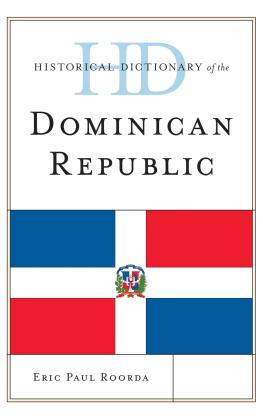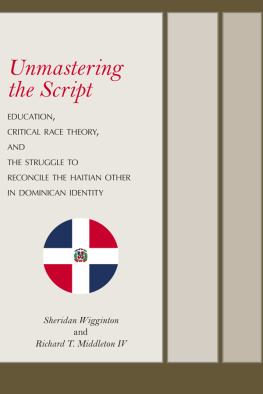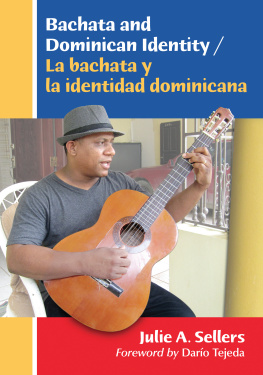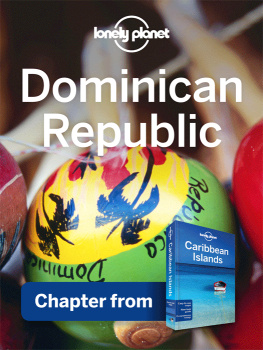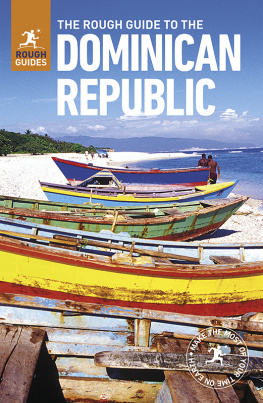The Dominicans ~ A Short History
THE DOMINICANS
A Short History
William A. Hinnebusch, O.P., D.Ph. (Oxon.)
This work is an overview rather than a detailed account of events which make up more than seven and a half centuries of Dominican history. Its originality lies in the marshalling of the content of Dominican history. Presenting the course of development briefly, it gives but a nod to many issues which would demand extensive treatment in a larger work. It concentrates on showing the Orders growth from the small beginnings of the thirteenth century to a world-wide presence in the twentieth. A bibliography at the end of this study, lists important works; and monographs dealing in more detail with Dominican history.
Father Hinnebusch received his doctorate in philosophy from the University of Oxford where he studied prior to his assignment as professor of history at Providence College. He subsequently spent three years doing research at the Historical Institute of the Dominican Order in Rome where he published The English Friars Preachers. For many years he has been teaching Church History at the Dominican House of Studies in Washington, D.C.
A contributor to the Encyclopedia Brittanica, the Catholic Youth Encylopedia and the New Catholic Encyclopedia, Fr. Hinnebusch is also the author of Dominican Spirituality, 1965, and Renewal in the Spirit of St. Dominic, 1968.
Foreword
The stream of Dominican history is like all rivers. At times it has flowed strong and full; at times its waters have slowed to a trickle. Never has it ceased to flow. Through more than seven and a half centuries the basic ideas and fundamental inspiration of St. Dominic have vitalized the Order. In all epochs they have produced outstanding men, in some centuries an army of such men, in others only a handful. Few or many, they witnessed to the authenticity of Dominics insights by their life and works. What the Dominican Order has given to the Church in past centuries, and what it can offer her in the future is vital and necessary, because its mission, entrusted by her the mission to proclaim the Gospel touches her own origins and inner being. Preaching the word of God and proclaiming the name of the Lord Jesus throughout the world will always be needed by the people of God.
It is the Orders high duty to preach, to be concerned with preaching, to wish it to be done in the best way possible, to be distressed when it is not being done, sad when it is not being done well, disappointed when another message is announced in place of Gods word. The Dominican task is to study, explore, and discover better, more effective, and newer ways of disseminating the Gospel message. It will ever be the Orders duty to prepare the way for the coming or deepening of faith in those who hear the message. Everything the Dominican does, he must link to spreading the Word of God. Even when doing work that seems only distantly related to preaching, he must motivate it toward the proclamation of the word. He must therefore remain in close touch with the Scriptures, study them, pray them, guide his own life by them, and spread the good news they contain.
The reader of Dominican history who loves the Order will lament when he reads of times when the Orders river has not flown in full course. He will rejoice when its banks are filled to overflowing, when Dominican men and women in all its branches are implementing the Orders mission to the fullest of their ability.
This work is an overview rather than a detailed account of events. Its originality lies in the marshalling of the contents of Dominican history. Presenting the course of development briefly, it gives but a nod to many issues which would demand extensive treatment in a larger work. It concentrates on showing the Orders growth from the small beginnings of the thirteenth century to a world-wide presence in the twentieth.
The interest of my brethren, and the support of the provincials and councils of the three American provinces of the Order gave me the courage to undertake this work. The hospitality of my Dominican Sisters at Sparkill, New York, and at Springfield, Illinois, whose guest I was when I dictated it, the assistance of Elsie Fillio, my faithful typist, and the help of Fr. Matthew Donahue, have made an enjoyable task doubly pleasant. To all of them my thanks.
Alba House New York
Society of St. Paul,
2197 Victory Blvd.,
Staten Island, New York 113314
Also by Father Hinnebusch:
- The Early English Friars Preachers, Rome: Istituto storico domenicano, 1951.
- Dominican Spirituality. Principles and Practice. Washington, D.C.,: Thomist Press, 1965.
- The History of the Dominican Order. Vol. I: Staten Island, N.Y.: Alba House, 1966. Vol. II:ibid., 1973.
- Renewal in the Spirit of St. Dominic. Washington, D.C.: Dominican Press, 1968.
Library of Congress Cataloging in Publication Data
Hinnebusch, William A.
The Dominicans.
1. Dominicans-History
BX3506.2 H48 271.2 74-26562
ISBN 0-8189-0301-5
Copyright 1975 by the Society of St. Paul
The Foundation of the Order
The Dominicans ~ A Short History
CHAPTER I
THE FOUNDATION OF THE ORDER
Dominic the Founder
St. Dominic was a spirit-filled man raised up by God to answer the pressing need of the Church for a continuous body of trained preachers. Guided by the Holy Spirit he founded the first apostolic Order, combining the contemplative consecration and apostolic ministry of the twelve apostles and the primitive Church. When Honorius III entrusted to the Order the mission to preach the Word of God, a duty that is primarily episcopal, the Church saw for the first time a religious Order with a mandate as coextensive as herself. By obtaining this universal mission, Dominic threw open the door of preaching to the members of his own Order and eventually to all Orders and priests.
Dominic took traditional elements in the Church-the apostolic life, priests living in community, regular discipline of the monastic Orders, liturgical prayer sung in community, preaching pursued in poverty-and fused them into a balanced unity that enabled his Order to meet the needs of his age and of many centuries to come.
Dominic did all his work as Founder with the full approval of the Holy See, departing not from the teaching and the authority of the Church militant, to use the words of Pope Gregory IX. This submission to the guidance of the Church rescued his Order from suspicion and saved his sons from the errors that had nullified the good intentions of some heretical groups. Canonizing him in Ice, Gregory IX summarized Dominics whole life when he likened him to the apostles: I knew him as a man who followed completely the apostolic way of life. There is no doubt at all that in heaven, too, he is united with the Apostles in glory.
Though Dominic owed much to the centuries-old wisdom of monasticism, he also drew upon the experimentation and renewal that had been in progress for 150 years. From 1150 onward, a great period of reform, called the Gregorian Reform after Pope Gregory VII, had developed in the Church. It returned to the Scriptures and apostolic times as the sources of its inspiration and for the answers to great abuses, particularly among a clergy who were often ignorant, incontinent, without zeal, and who seldom preached.
Seeking to solve this problem, zealous clergy and laity endeavored to return to the simplicity and poverty of the primitive church; the apostolic life lived by the apostles became their great ideal. The clerical reformers implemented their ideas by creating the kind of religious life led by chapters of Canons Regular. They aimed to imitate the prayerful life and ministry of the apostles within a monastic framework. Chapters of Canons Regular multiplied, and several Orders developed from their ranks such as the Premonstratensians (or Norbertines), the Canons of St. Victor, and the Gilbertines. The Dominican Order, a clerical Order from the beginning, sprang from canon-regular roots.




